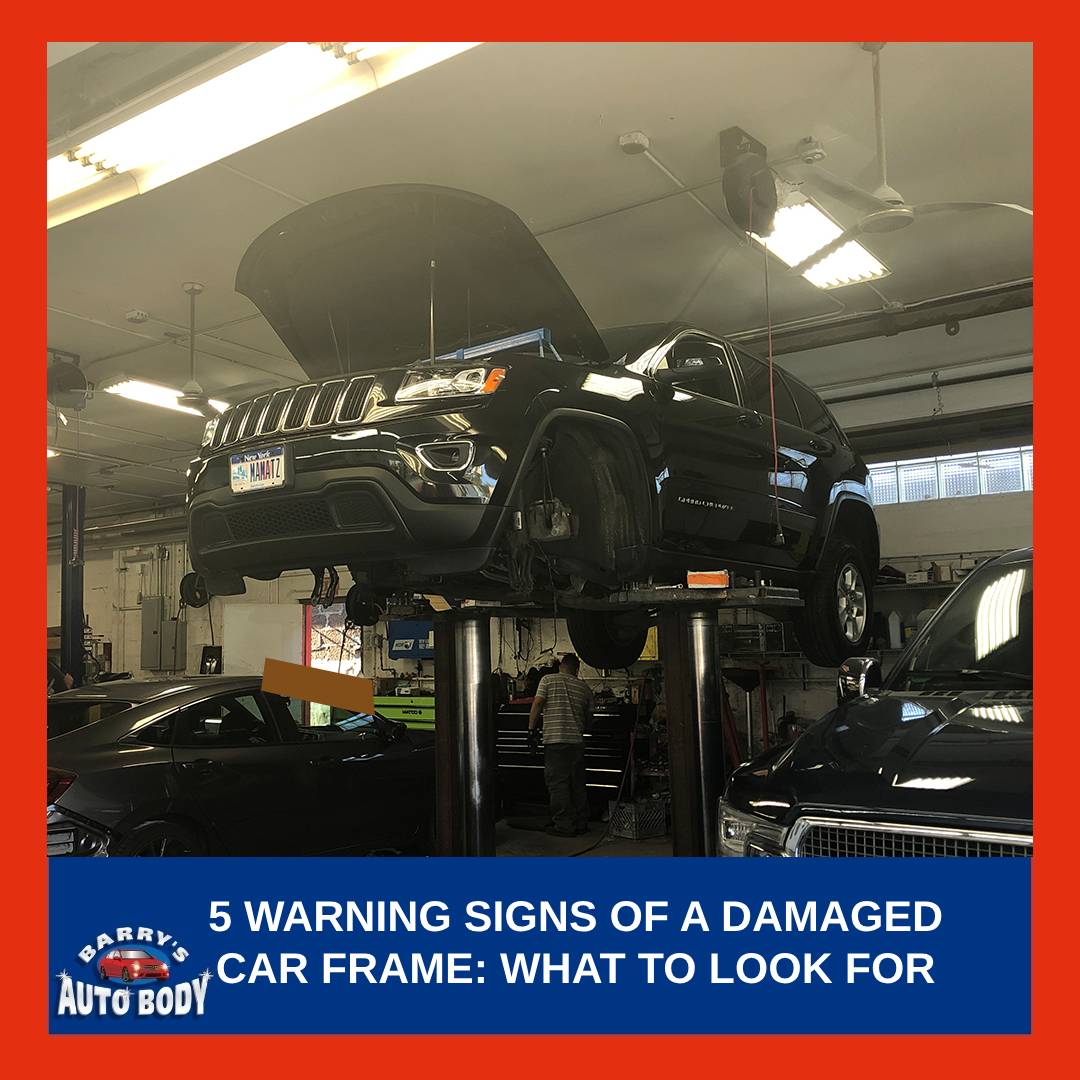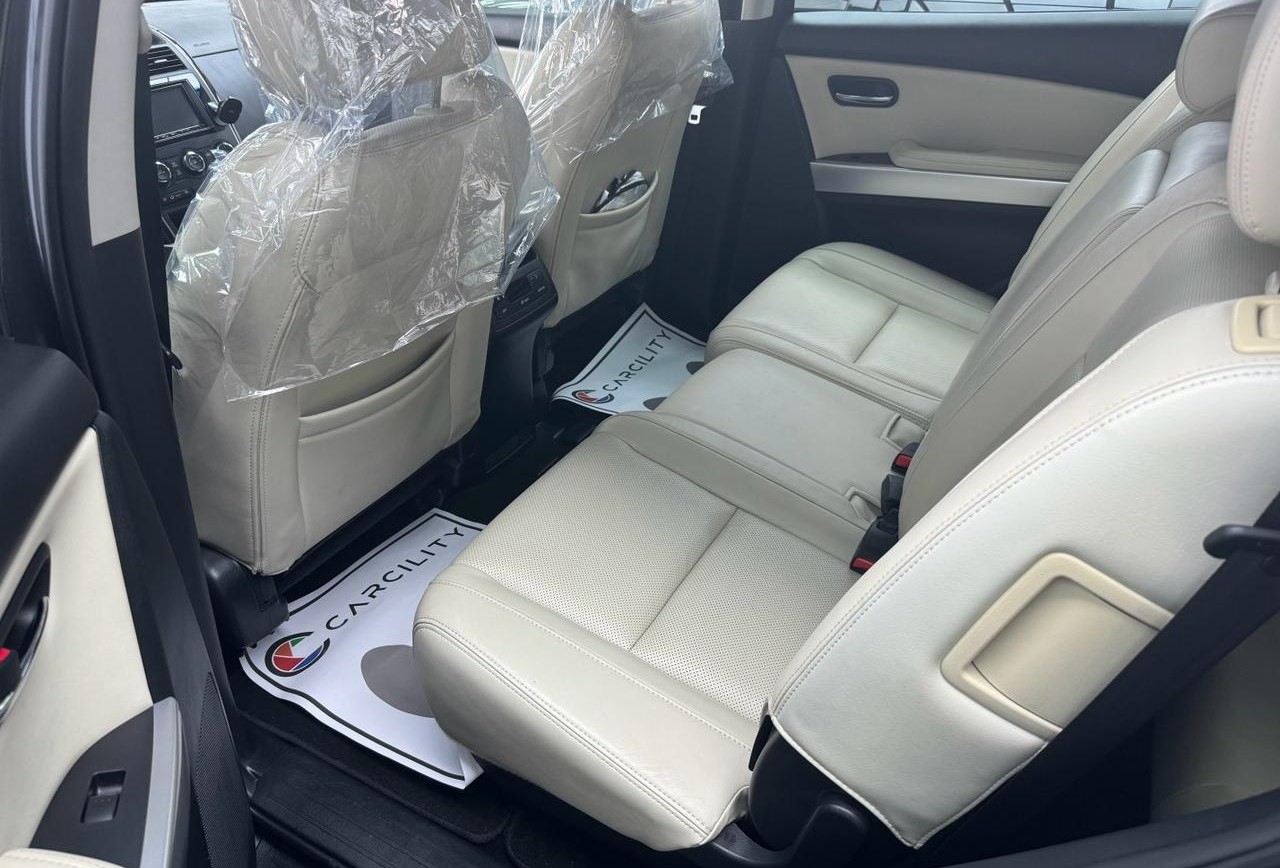Even if you can save a few cents on gas with over-inflated tires, there are several risks to keep in mind. Most experts and car manufacturers will recommend that you avoid over-inflation because of these issues. If you’re tempted to opt for a higher PSI next time you’re at the air pump, make sure you’re aware of the downsides.
Decreased Traction
The bulging shape of an over-filled tire means that less of your tire’s surface area is touching the road. This can decrease your traction, making it harder to maintain control of your vehicle. You may have trouble stopping suddenly or handling your car when the roads are wet and slick. Ultimately, the reduced traction can increase your risk of losing control of your car and getting into an accident.
More Wear and Tear
Your car’s ideal PSI is designed to extend the life of both your car and your tires. Overfilling your tires can cause uneven wear on the tread, so you’ll probably have to replace them more frequently. Additionally, over-inflated tires aren’t as good at absorbing shock as tires with the recommended PSI. Over time, this can wear out your suspension and mess with your car’s alignment.
Increased Risk of Blowouts
One of the biggest issues with over-inflated tires is the increased risk of a blowout. If your tires have more air than they can handle, they could burst unexpectedly from the extra pressure. A burst tire can cause you to spin out or experience other issues on the road, so over-inflating can ultimately pose a safety risk. One of the important things to learn about how to avoid car accidents is using proper tire pressure.
#OverInflating #Tires #Increase #Gas #Mileage









